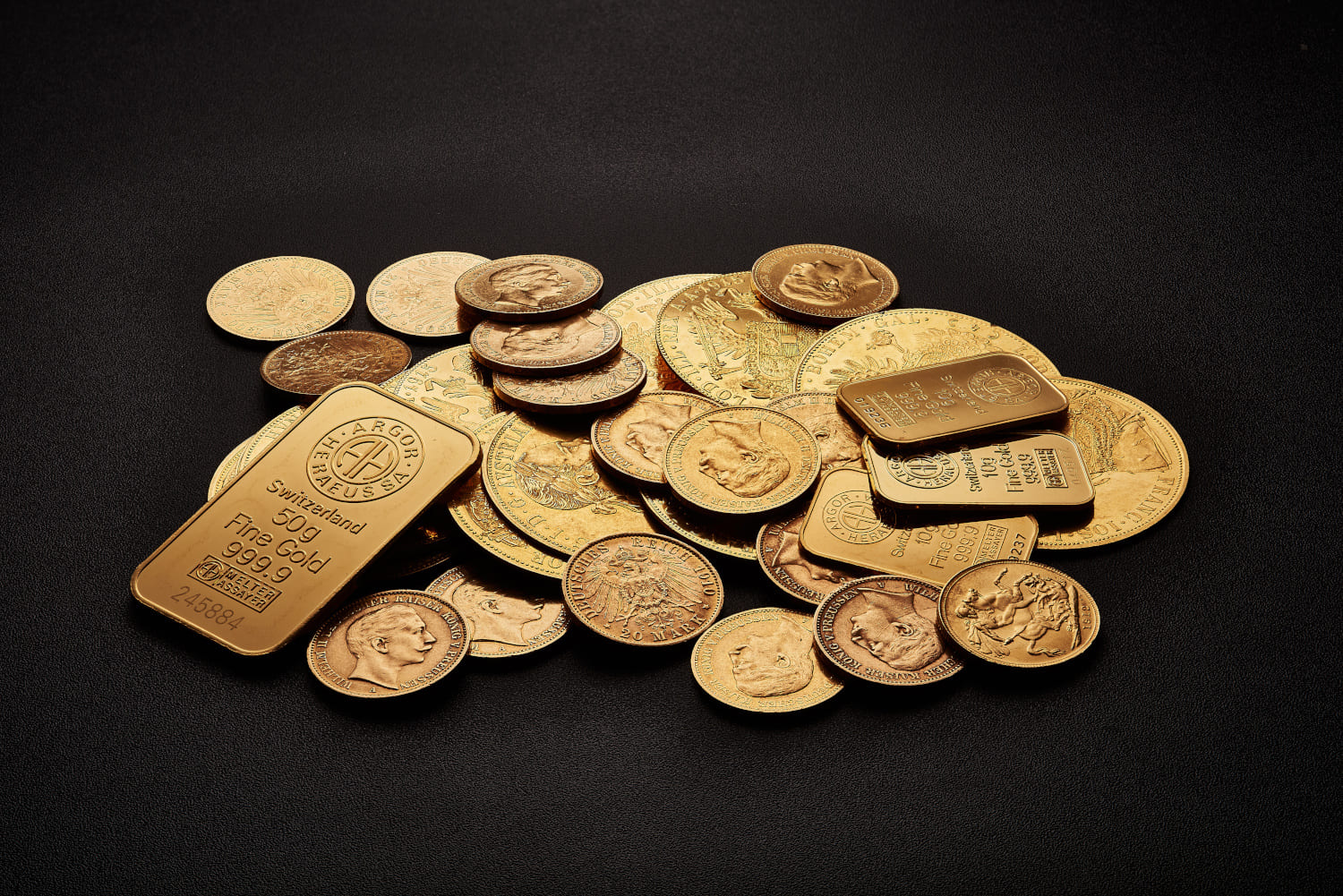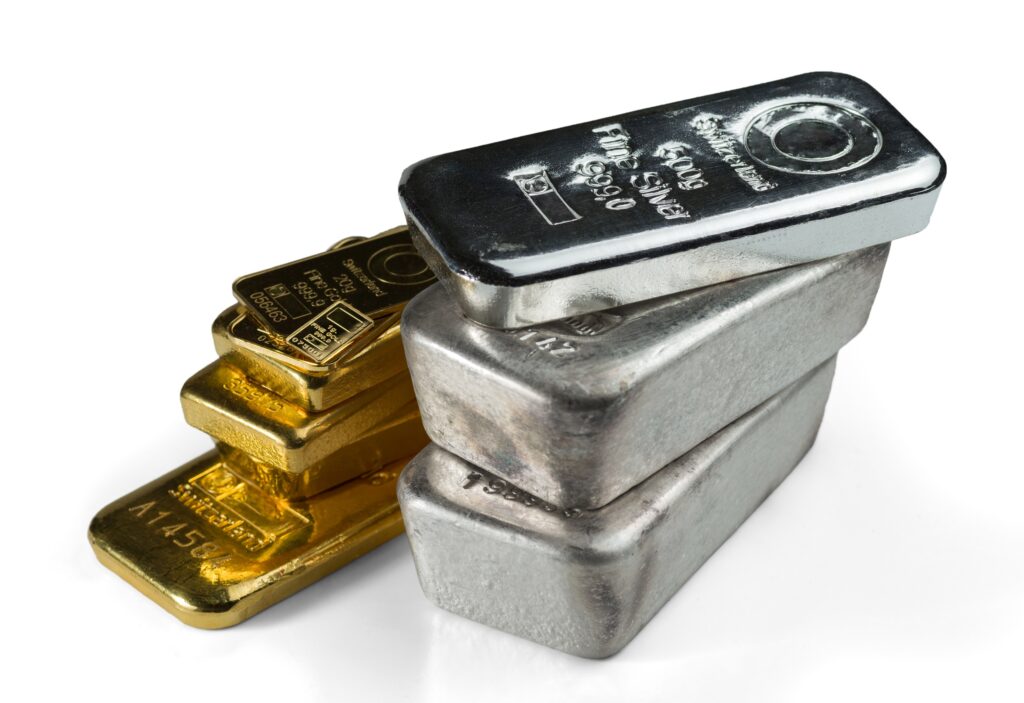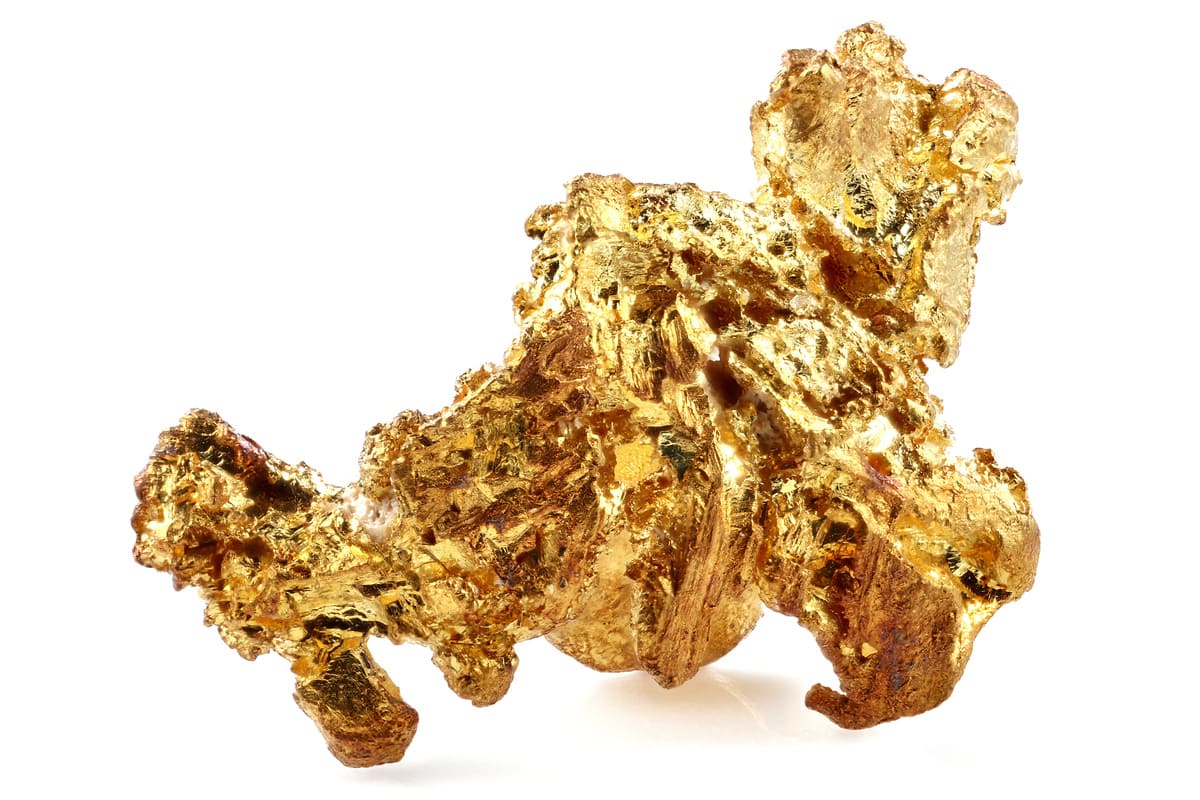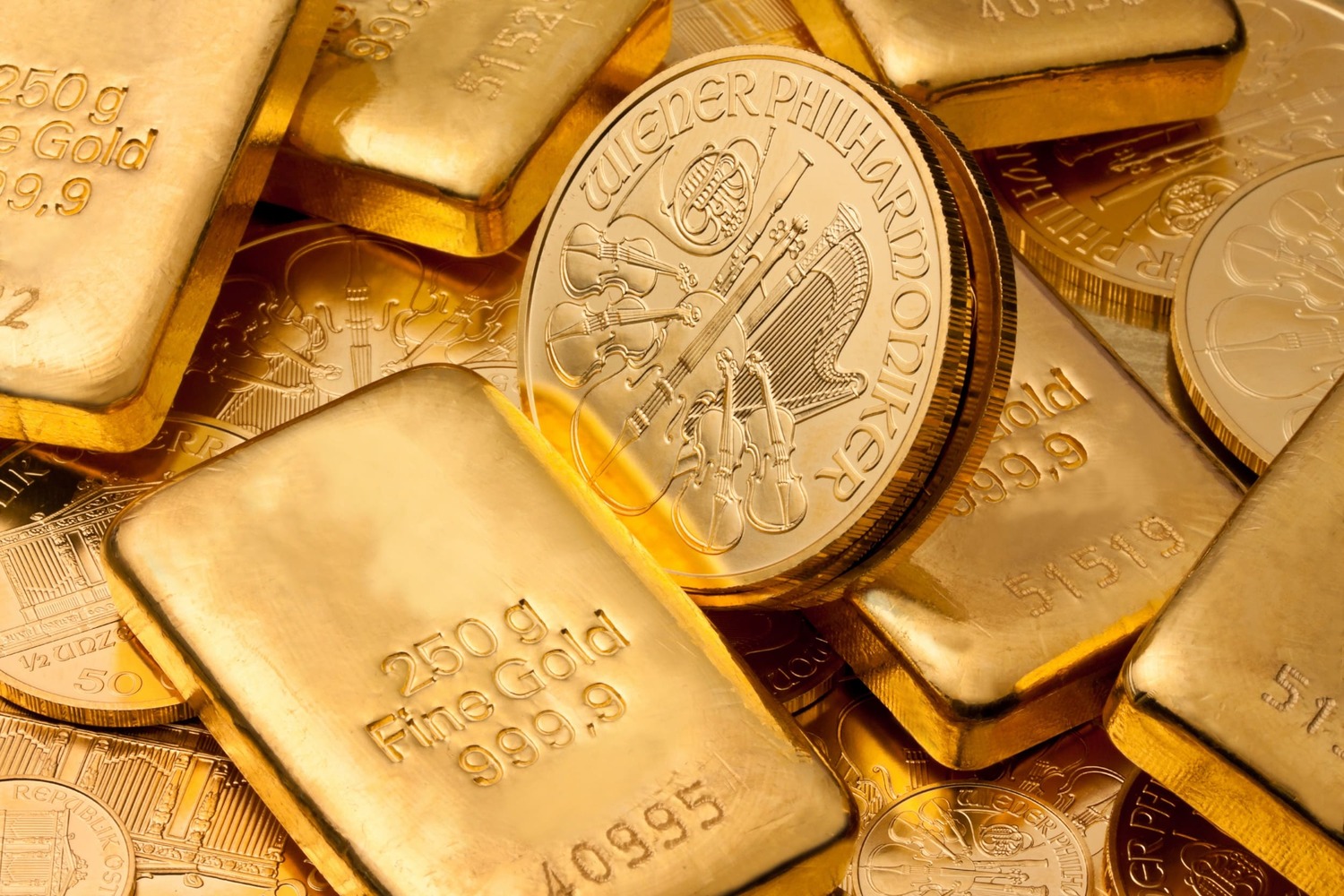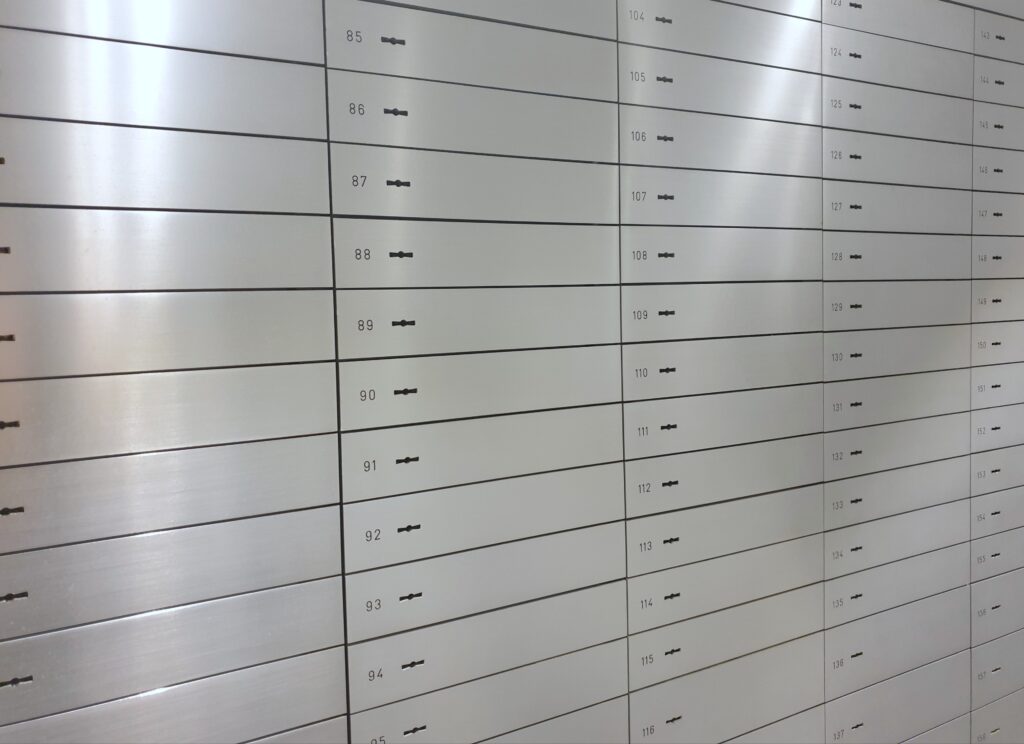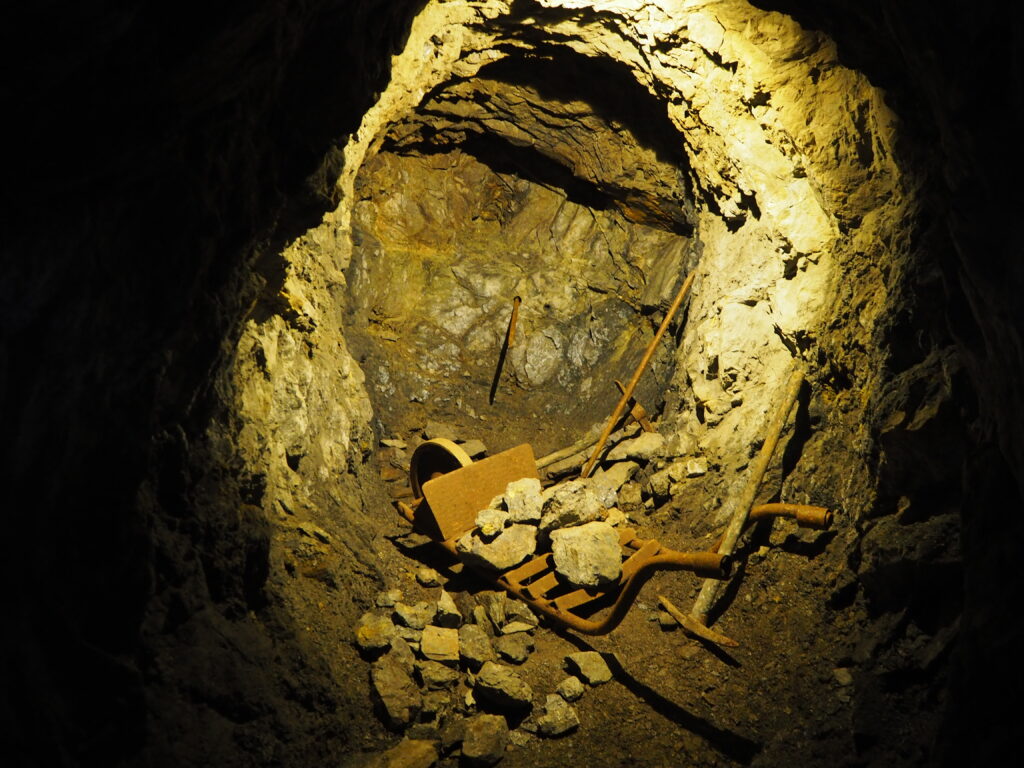Umicore: The Belgian precious metal refinery that champions sustainability
Additional information > The fundamentals of precious metals – a broad introduction to the basic principles > Umicore from Belgium: Leader in recycling & material technologies
Leading group for recycling and material technologies
Gold bar manufacturer Umicore, headquartered in Brussels, Belgium, has been an active metal refiner for more than 200 years. Now considered a global leader in materials technology and recycling, Umicore is involved in diverse industrial sectors: energy, automotive, chemicals, manufacturing, optics and displays, and electronics. Recycling, producing precious metal bars, and creating intermediate products for the end customer market, jewellery production and other industrial applications are also very important.
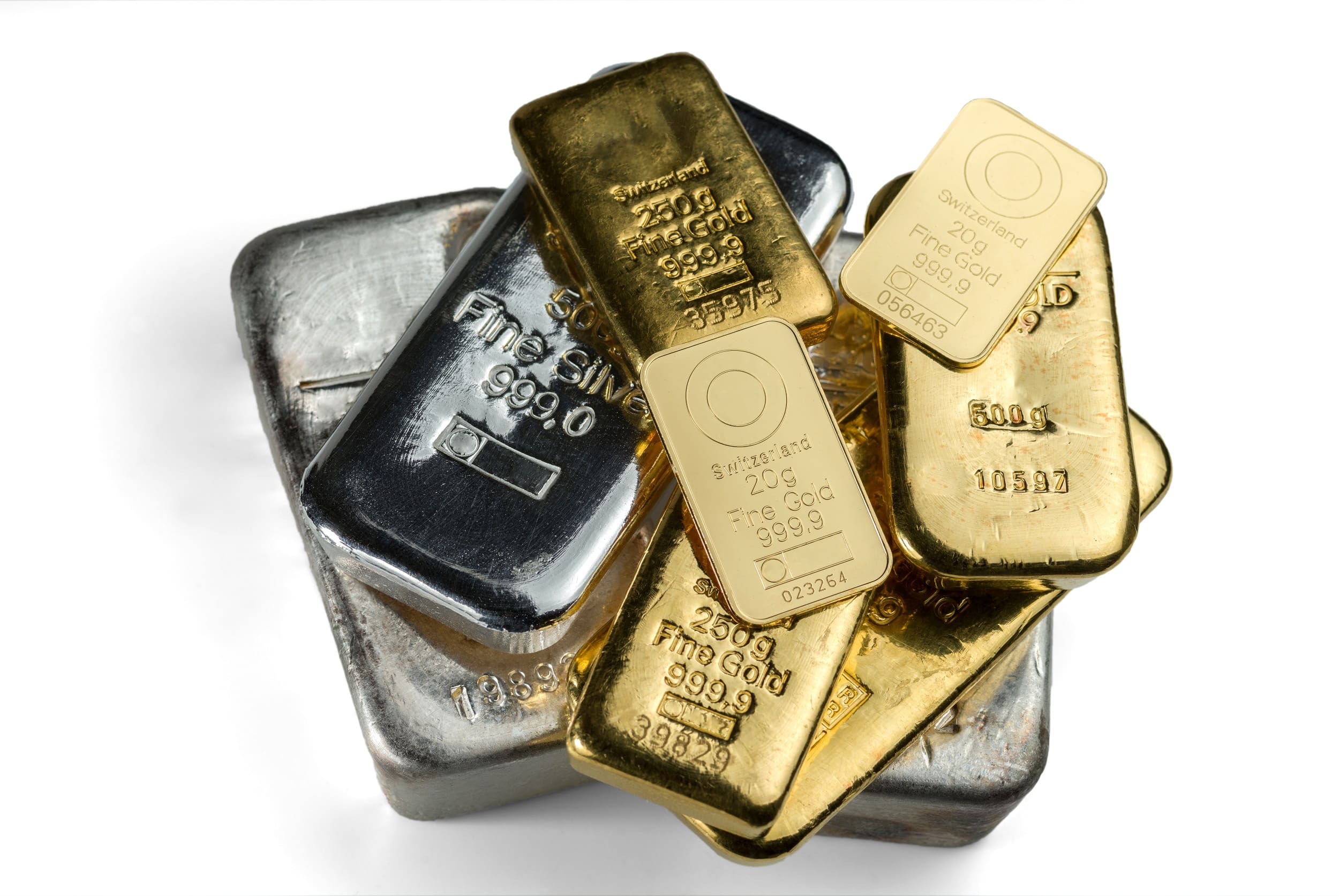
©vladk213 - stock.adobe.com
An extract from the Umicore story
In December 1805, Napoleon Bonaparte granted founder Jacques Dony a lease on the Altenberg (formerly Galmei-Berg) mine located on the border between Belgium and Germany from. In 1837, what was then a small zinc factory became the “Société Anonyme des Mines et Fonderies de Zinc de la Vieille-Montagne”. From 1906 onwards, the Umicore offshoot “Union Minière” began manufacturing copper, tin and cobalt products in the Congo province of Katanga. In 1968, the company’s assets in Katanga were nationalised by Zaire’s government. Just over two decades later, in 1989, the Société Anonyme des Mines et Fonderies de Zinc de la Vieille-Montagne SA merged with its subsidiaries Metallurgie Hoboken-Overpelt, Vieille-Montagne and Mechim – an integration that created today’s industrial group Umicore.
A business realignment in 2001 heralded a move away from mining and the production of base metals. From then on, the company concentrated on the recycling and recovery of precious metals. At the same time, the company was renamed Umicore NV/SA, the title by which it is commonly known today. The first two letters of this designation (UM) refer back to the group’s historical trading name of Union Minière.
In the following years, acquisitions such as that of the “Precious Metal Group” (PMG) in 2003 and expansions into separate divisions and business entities, such as the Cumerio copper factory (2005) or the Nyrstar zinc and alloy plant (2007), determined Umicore’s future development. From 2010, the company expanded its already considerable presence, particularly in Asia, and developed a new production facility for rechargeable batteries in Belgium. Then, as from 2021, Umicore committed to sustainability goals such as net zero greenhouse gas emissions by 2035 and climate-neutral production. To address these bold ambitions, in 2022 the group launched “Umicore 2030 RISE”, a new industry benchmark for sustainability.
The significance of today’s precious metal processing and recycling at Umicore can be gauged by this company statement: “To produce a one-kilogram gold bar, we now require just six tons of old mobile phones instead of 200 tons of gold-bearing ore.”
International certifications for global trade
So that Umicore can trade its products worldwide, the company and its subsidiaries in Europe, Brazil, Canada and the USA are certified traders on all major global precious metals markets. These include LBMA: The London Bullion Market Association, LPPM: The London Platinum and Palladium Market, IPA: The International Platinum Group Metals Association, FV EM: Fachvereinigung Edelmetalle, XETRA Gold, RJC: Responsible Jewellery Council, EPMR: European Precious Metals Federation, and EuroMetaux: Association of European Metal Companies.
Products for end customers, central banks and industrial clients
Umicore is active in many different technology sectors, supplying rechargeable battery materials and automotive exhaust catalysts among other products. The company also specializes in the recovery of 18 different precious metals and special materials as well as the recycling of industrial catalysts. Cobalt and pre-alloyed powders are produced for manufacturing industries. In addition, the company supplies thermal imaging technology and optical lenses for night vision devices, as well as the basic materials required for rechargeable batteries used in portable electronics.
Umicore’s product range also includes precious metals for the investment and collectors’ market, as well as intermediate products for the jewellery industry and other processing companies. This output includes high fineness gold bars, silver bars, platinum bars and palladium bars in minted or cast formats and in a range of weight units from 1 to 1,000 grams. Umicore also produces Good Delivery bars in gold and silver, as well as gold granules and silver granules, sponges and powders made from platinum, palladium, rhodium, iridium and ruthenium on behalf of central banks and other major clients.
All precious metal bars are identified by the word “umicore” in lowercase letters and a curved-line logo depicting a stylized rose. This is placed after the name and also serves to legally protect a product’s brand identity, thus replacing the ® symbol. All bars also carry important technical data such as: the type of precious metal used, weight unit, fineness, serial number and certification stamp. Bar products are created by Umicore refineries in Belgium, Germany and the Netherlands.
Umicore information: An overview
- The roots of Umicore’s Belgian refinery go back to 1805, when the mining company was founded as a small zinc factory.
- Within 200 years, the world's leading group for materials technology and recycling was created via company acquisitions and global expansion.
- Umicore has subsidiaries in Europe, Asia, South- and North America, and is licensed to trade on all major precious metal trading platforms such as LBMA and XETRA.
- In addition to semi-processed products for numerous industrial sectors, Umicore also produces high-quality cast and minted bars in gold, silver, platinum and palladium, for sale on the international markets.
- Back in 2001, the company realigned its production to focus primarily on the recycling and recovery of precious metals and other special materials.
- The company’s customer base includes private investors and collectors as well as major banks and industrial clients.



